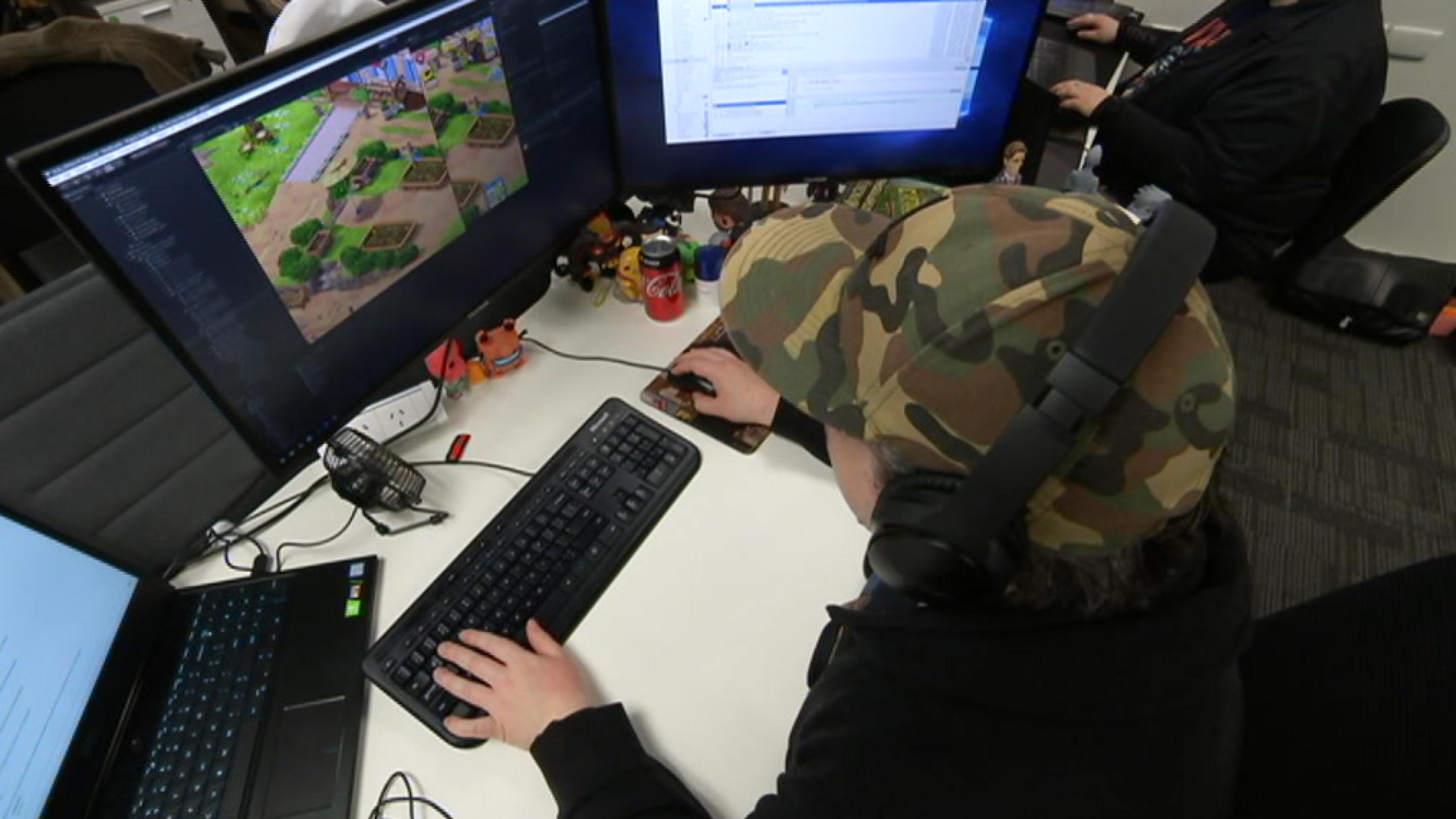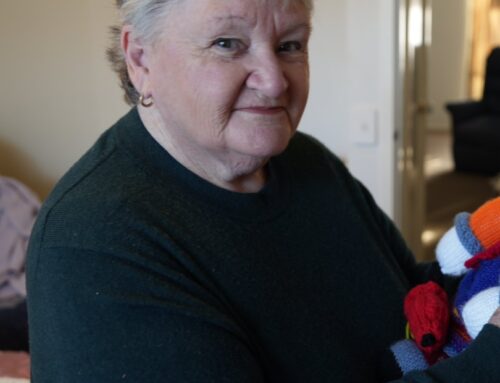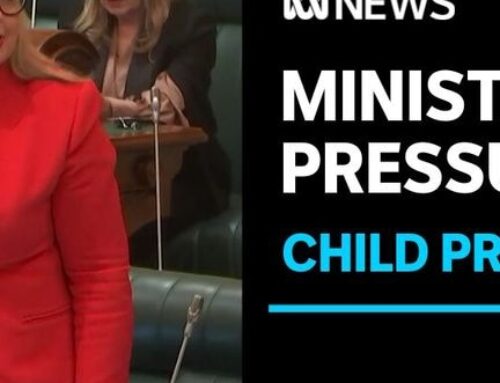Two Adelaide-based digital content creators have told a parliamentary select committee about the alleged theft of their intellectual property by Adelaide software company Mighty Kingdom.
Key points:
- Two content creators allege an SA software development company stole intellectual property
- The company, Mighty Kingdom, refutes the allegations
- The claims were made in a parliamentary select committee hearing on wage theft
The men gave evidence to a select committee on wage theft on Wednesday.
Justin Daley claimed a video game he developed was used to assist Mighty Kingdom to obtain a substantial State Government grant.
Mr Daley said the game “Kitty Keeper”, which was widely predicted to become an international success, was his creation and his intellectual property, and that Mighty Kingdom acted “deceptively”.
“Mighty Kingdom falsely claimed control of my intellectual property to gain financial benefit in the form of a $480,000 taxpayer-funded grant,” Mr Daley claimed.
In February 2018, Mighty Kingdom received $480,000 from the former Labor government’s ‘Future Jobs Fund’ to complete the Kitty Keeper mobile phone game, which was to be targeted at the “pet parent” market.
“I engaged Mighty Kingdom in early 2017 to build my company, a mobile game called Kitty Keeper,” Mr Daley told the committee.
“Mighty Kingdom then went on to act deceptively and dishonestly toward me regarding the game for the next two years before they deleted the game in 2020.”
Mr Daley said he had raised his concerns with the Department for Innovation and Skills and the relevant minister, David Pisoni, but that the matter “was ignored and dismissed without any interest”.
Mr Daley told the committee he requested the original grant application through Freedom of Information laws, but was knocked back because it was “with Treasury”.
In a statement, a spokesperson for the company said Mighty Kingdom “fully complied with its obligations under the contract arrangements with the South Australian Government, cooperating fully, including ongoing and regular reporting regarding the grant”.
“In relation to the removal of the Kitty Keeper game from the App Store and [Google] Play Store, this was a result of the game not meeting performance benchmarks set out in the contract,” the spokesperson said.
A State Government spokesperson said Innovation Minister David Pisoni had referred Mr Daley’s concerns to the department for investigation.
“That investigation concluded all aspects of the contract had been complied with and no further action was required.”
Labor’s Kyam Maher, who was the Minister for Innovation when the grant was awarded to Mighty Kingdom, said concerns about intellectual theft should be referred to the courts.
Second content creator raises concerns
Another game creator, Shannon Cross, told the committee he was stripped of any power relating to his game “Dungeon Chop Chop” and ultimately shut out of the project before his employment was terminated.
“I was given the label of creative director, but I had zero power to create directively (sic), I was stripped of my power really,” Mr Cross told the hearing.
He said he felt people, like himself, were in a vulnerable position when it came to intellectual property and exploitation by big companies.
“It feels like sort of a grey area that’s easily exploitable, especially when it comes to people like myself who have little experience,” Mr Cross said.
“I’m a creative, I love creating things, that’s what I got into this for.
“So, when I rock up with this great idea, but I’m naive to the legalities of it, they see this as a great opportunity for them to benefit from it.”
In a statement, Mighty Kingdom disputed the claims.
“While the claims made by Shannon are false, we are willing to continue to work with Shannon to resolve his concerns.”
The company said his contract was terminated when clauses of his employment contract came into effect.
Company says grant process is ‘airtight’
Dan Thorsland, former general manager of Mighty Kingdom, told the ABC the grant application process was “airtight”, and the company had always acted ethically.
“We put our best and brightest, an exceptional production team, on that product to make sure it succeeded,” Mr Thorsland said.
“It’s a very well-regarded company … if anyone bothered to go down there and talk to staff and say, ‘Do you feel respected and supported in your workplace?’ they would point to their unlimited annual leave, their four-day work weeks, the support they get for mental health and everything else, the fact their super is paid.
“It’s a very, very good company and I certainly take umbrage at anyone saying otherwise.
Mr Thorsland left the company at the end of 2019 to take on a different role and said although he no longer had any material interest in the company, he was confident about its integrity.





